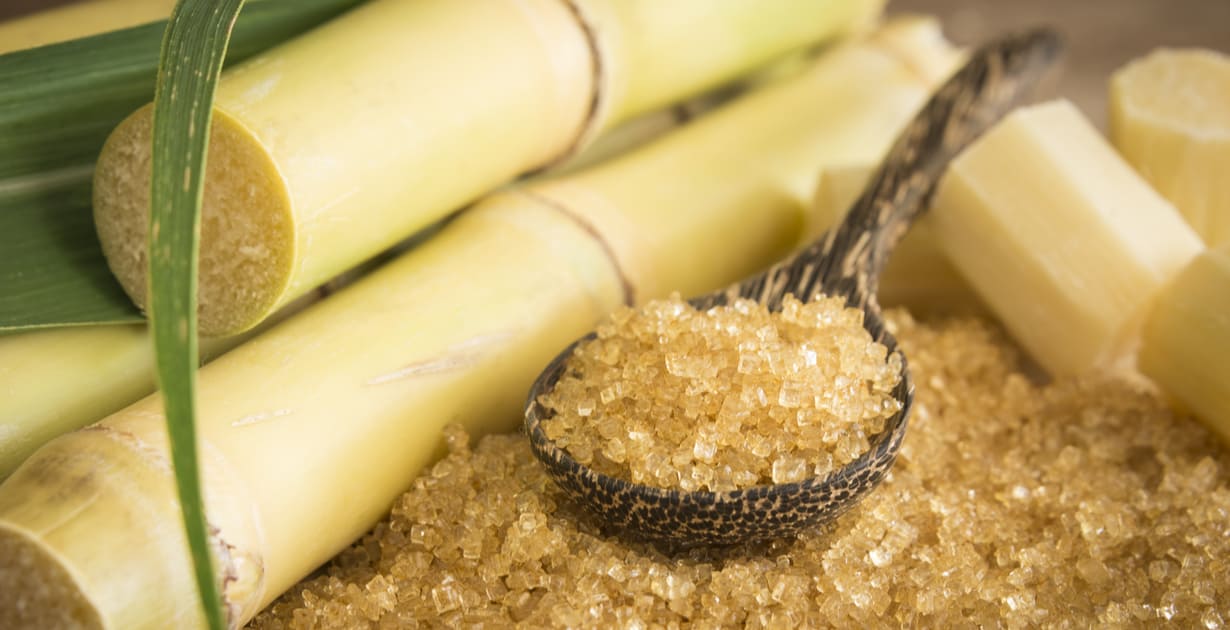Efficient Cane Sugar Processing: Making Best Use Of Return and Pureness
Efficient Cane Sugar Processing: Making Best Use Of Return and Pureness
Blog Article
A Detailed Summary of the Health and Economic Effects of Walking Cane Sugar Processing on Local Areas
Walking stick sugar processing plays an essential duty in forming the financial landscape of local communities, using work opportunities and stimulating supplementary markets. The health implications linked with high sugar intake can not be neglected, as they add to increasing rates of obesity and diabetes mellitus.
Economic Advantages of Walking Stick Sugar Handling
Walking stick sugar handling uses considerable economic advantages that prolong beyond the prompt farming market. The farming and handling of sugarcane create various work opportunities, from farming to production and distribution. This work generation not only sustains local economies but likewise cultivates neighborhood growth by offering secure earnings sources for households.
Furthermore, the sugar market stimulates ancillary businesses, including transport, tools supply, and product packaging solutions (Cane Sugar Processing). As these markets expand, they contribute to a much more durable financial framework, boosting overall community durability. The export potential of refined walking cane sugar better amplifies economic benefits, positioning areas as competitive players in international markets
Financial investment in modern handling centers can lead to increased efficiency and performance, thus lowering waste and optimizing resource usage. This shift not only profits the neighborhood economic situation but likewise sustains sustainability efforts by decreasing environmental impacts.
Furthermore, the income generated from walking stick sugar processing can be reinvested in local infrastructure, education, and health care, promoting alternative community development. Generally, the financial advantages of cane sugar processing are diverse, offering a foundation for withstanding prosperity in farming regions.
Wellness Risks Connected With Sugar Consumption
Too much sugar consumption positions significant health risks that warrant serious focus. High consumption of sugarcoated, especially from refined drinks and foods, has actually been connected to countless health and wellness complications. One of one of the most important problems is weight problems, as sweet diets add to a raised caloric consumption without providing important nutrients. This extra can result in metabolic disorders, consisting of type 2 diabetes mellitus, which has actually ended up being progressively common in both adults and youngsters - Cane Sugar Processing.
Additionally, high sugar usage is associated with heart disease. Elevated blood sugar levels can lead to insulin resistance, a precursor to numerous heart-related issues. In addition, sugar can have detrimental effects on oral health, causing tooth cavities and periodontal condition, as microorganisms in the mouth flourish on sugar, creating acids that deteriorate tooth enamel.
Additionally, arising study recommends a potential link between high sugar intake and psychological health disorders, such as clinical depression and stress and anxiety. As neighborhoods grapple with these health and wellness threats, it becomes vital to promote recognition and encourage healthier dietary options. Addressing sugar usage is crucial not just for private wellness but additionally for the total well-being of regional communities, emphasizing the need for thorough public wellness strategies.
Environmental Influences of Sugar Production
Often overlooked in discussions regarding sugar's effects is the significant environmental effect of sugar production. The cultivation of sugarcane usually necessitates extensive land use, leading to deforestation, loss of biodiversity, and disruption of local communities. The conversion of forests and marshes right into sugar ranches can cause habitat devastation, threatening countless species and altering ecological equilibrium.
Moreover, sugar manufacturing is resource-intensive, consuming considerable quantities of water for irrigation. This can lead to deficiency of neighborhood water resources, negatively impacting both agricultural methods and area access to clean water. Furthermore, making use of chemical fertilizers and chemicals in sugarcane farming can contribute to dirt deterioration and water contamination, as runoff from these chemicals enters nearby rivers and lakes, impacting water life and human wellness.
The ecological footprint extends to the handling phase, where power usage and waste generation more worsen environmental concerns. Air contamination from burning sugarcane areas, together with greenhouse gas discharges, add to environment adjustment. Because of this, the environmental ramifications of sugar production warrant major consideration, Look At This advising stakeholders to take on more lasting techniques to reduce these damaging impacts on neighborhood ecological communities and neighborhoods.
Work Development and Area Advancement
The ecological obstacles presented by sugar production are frequently counteracted by its potential for economic advantages, specifically in job development and area development. The cane sugar market works as a significant source of work in many rural locations, providing work across numerous ability degrees, from agricultural labor to processing and circulation roles. This employment not only sustains specific family members yet also adds to the general economic vitality of regional neighborhoods.
Furthermore, the establishment of sugar handling centers promotes secondary companies, such as transport services, devices supply, and maintenance companies. As these services grow, they create extra tasks and reinforce regional economies. The revenue created from the sugar sector also brings about increased tax obligation revenues, which can be reinvested into area solutions such as infrastructure, education, and healthcare advancement.
Additionally, the sugar industry usually participates in area advancement campaigns, such as supporting neighborhood schools and health programs, thus boosting the lifestyle for homeowners. By fostering solid neighborhood ties and advertising economic development, the cane sugar processing field plays an important duty in uplifting neighborhood populations, making it a necessary element of sustainable growth approaches in sugar-producing areas.
Balancing Wellness and Economic Development
In browsing the complexities of walking stick sugar processing, a crucial challenge exists in stabilizing health considerations with economic development. The sugar sector considerably adds to local economic climates by generating work, boosting related sectors, and boosting tax obligation incomes. However, the wellness implications linked with too much sugar usage can result in persistent illness such as weight problems, diabetes, and cardio concerns, which can concern public health and wellness systems and reduce labor force performance.

Additionally, governing frameworks can play a critical function in guiding market practices towards more health-conscious and lasting techniques. By cultivating cooperation in between federal government bodies, health organizations, and the sugar industry, neighborhoods can navigate the dichotomy of wellness and financial growth, making sure that the advantages of cane sugar processing are equitably shared while focusing on public health.
Final Thought
In conclusion, the handling of walking stick sugar provides both considerable economic advantages and noteworthy health and wellness dangers for regional neighborhoods. While it cultivates job development and promotes local development, the connected wellness worries, particularly pertaining to weight problems and diabetic issues, require a cautious balancing act. By promoting accountable read here intake and investing in neighborhood education and learning and sustainable techniques, it is feasible to optimize economic benefits while minimizing damaging health and wellness results, thus making sure a healthier future for neighborhood populaces.
Furthermore, sugar can have detrimental results on dental wellness, resulting in tooth cavities and gum browse around here illness, as bacteria in the mouth thrive on sugar, generating acids that deteriorate tooth enamel.
Resolving sugar consumption is vital not only for private health but likewise for the total well-being of regional neighborhoods, stressing the demand for comprehensive public health techniques.
Often forgotten in conversations concerning sugar's ramifications is the substantial environmental impact of sugar production. The wellness implications connected with too much sugar consumption can lead to chronic conditions such as obesity, diabetes, and cardio problems, which can burden public health and wellness systems and reduce workforce efficiency.

Report this page